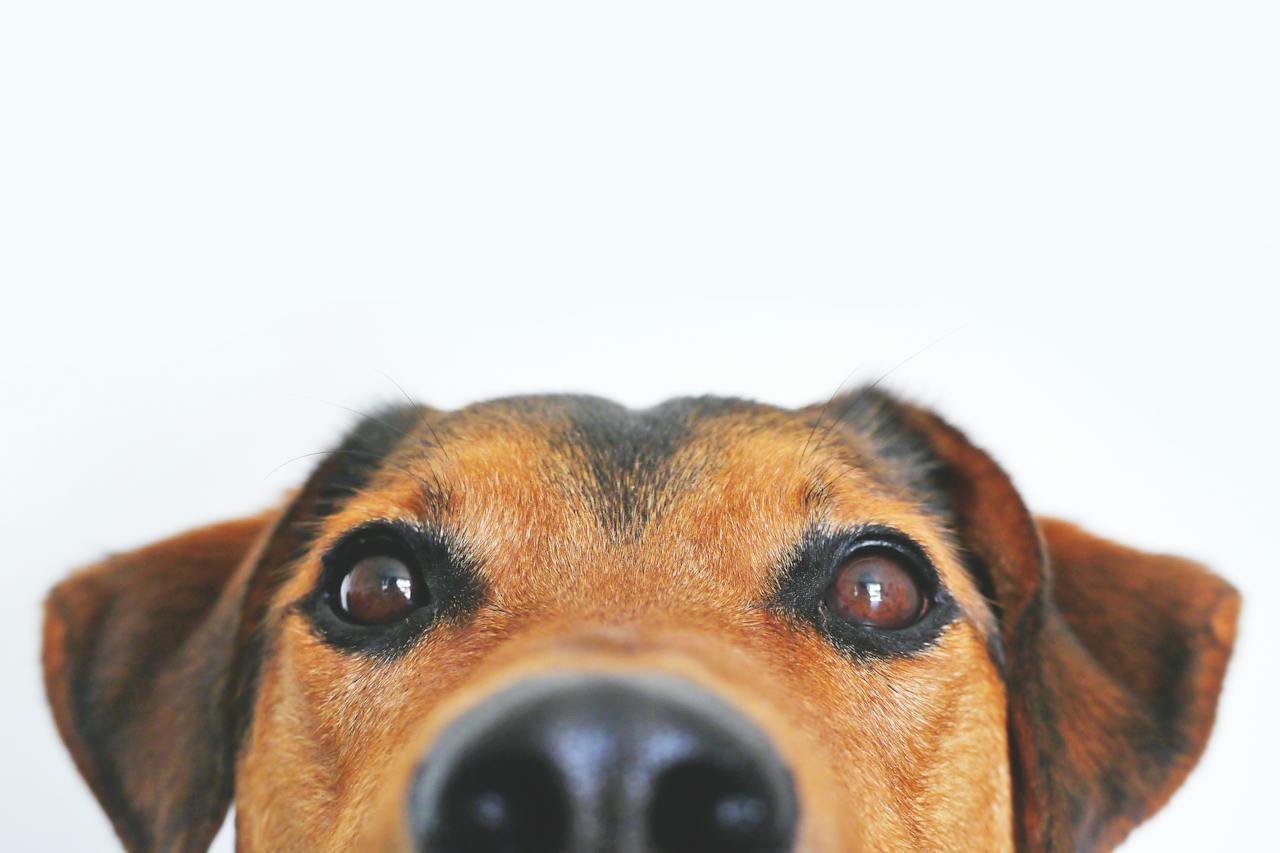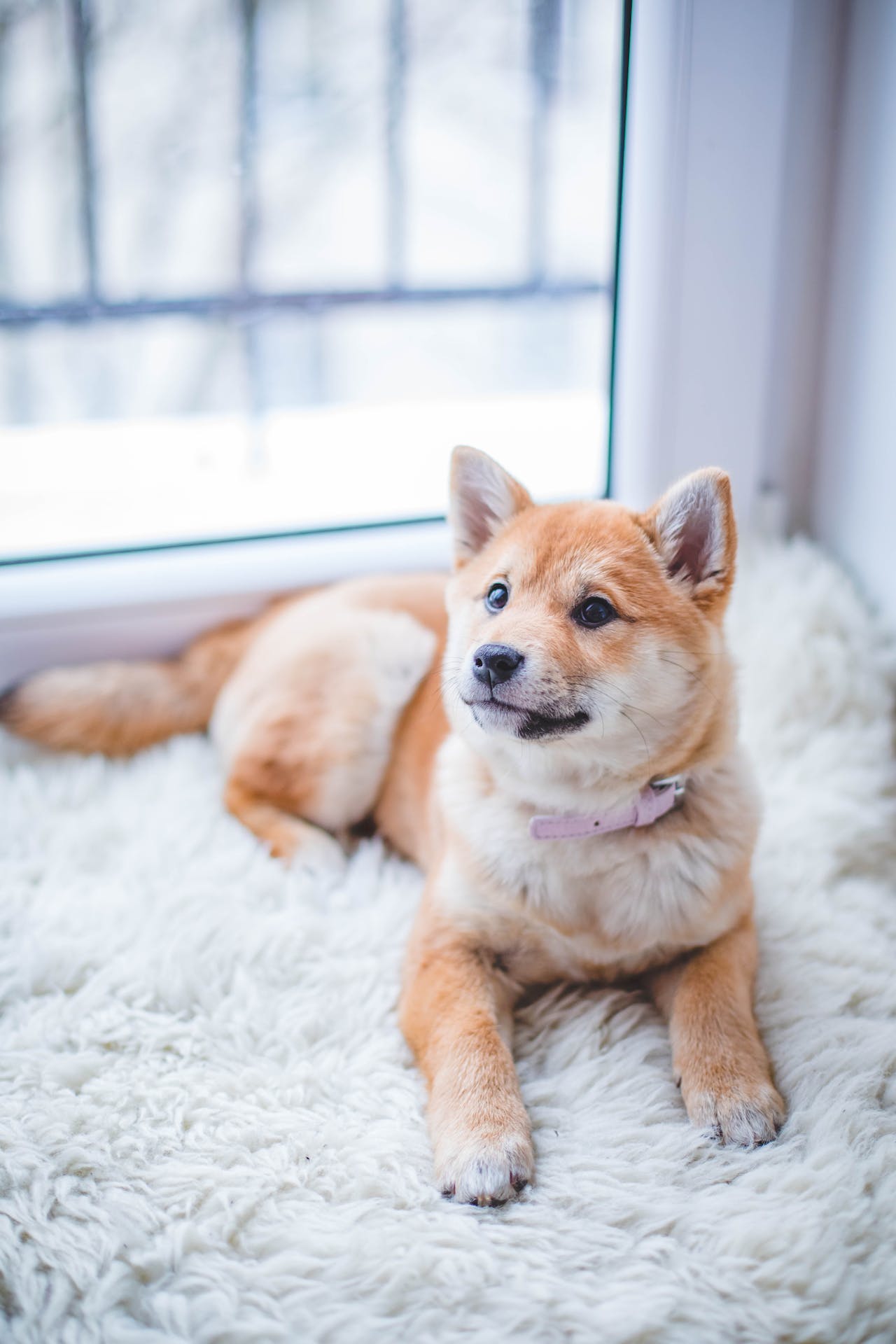My Dog is Aggressive Around Strangers

It’s not unusual for a dog to “protect” his territory, and for many, it’s an inherent trait. Some breeds seem more prone to this behavior— in my experience— including dogs bred for guarding like mastiffs and some herding and terrier breeds. Unfortunately, many dogs take this behavior to an extreme level, which can lead to serious issues. A dog that feels he must aggress and bite strangers coming into the yard or into the house has the potential to cause harm to people, leading to uncomfortable guests, lawsuits, or worse. Fortunately, by understanding what drives your dog to this behavior, you can correct it.
Why do I have an aggressive dog?
If your dog is growling and barking at guests, you’re probably finding yourself with a heightened sense of anxiety. Keep in mind that your dog is not happy in this state of mind either. Dogs display this behavior due to fear and/or anxiety, and need behavioral intervention to overcome it.
Dogs that aggressively protect “their” territory are often dogs that were not socialized as puppies1 and have a fear of novel things, people and animals. What may seem like a benign visitor to your yard, such as the mailman, can be perceived by the unsocialized dog as an extreme threat and the dog will act aggressively to protect himself.
Aggression often does not manifest right away and generally begins to show as the dog moves into adulthood. According the ASPCA and AHAA, this can be anywhere from one to three years of age depending on the size and breed/breed mix of dog. With any behavior, particularly one involving poor socialization and fear, the sooner you provide behavioral intervention, the better.
What can I do about my aggressive dog?
If you have a dog that is acting aggressively toward visitors to your home or property, it’s vital that you consult a qualified behavior professional immediately. Catch it early if you can– if your dog appears uncomfortable, anxious, stiff, or is growling, then seek help before the problem escalates. Your first step should be a consultation with your veterinarian. Says Certified Dog Behavior Consultant Don Hanson, CDBC, CPDT-KA, BFRAP of Green Acres Kennel (Bangor, ME), “I stress to clients that it is important to be frank with their veterinarian about any and all behavior concerns. I make sure that the owners understand that any underlying medical issue contributing to the dog’s behavior must be addressed first, for me to be able to help them.”
How can I find a behavioral expert for my aggressive dog?
It’s extremely important to find a behavior professional who is well versed in dealing with dogs with serious behavior issues and who uses scientifically valid methods.
When looking for a behavior consultant, make sure the professional you choose is credentialed, receives regular continuing education, and will work with your veterinarian and you to develop an effective treatment plan that is safe for you and your dog.
Your veterinarian may be able to make an excellent referral, but you can also look for someone through the following reputable organizations: The American College of Veterinary Behaviorists, the Animal Behavior Society, and the IAABC. If your veterinarian feels that a veterinary behaviorist is the best option for your dog, many will work remotely in partnership with your veterinarian.
What will a behavioral expert do for my dog?
In the case of a dog with territorial aggression, your consultant will first want to make sure that rules for safety and management are in place so no one gets hurt. This may be as mild as keeping the dog crated when visitors arrive, or as strong as actually boarding the dog elsewhere if he presents a real danger to others. A professional should be able to explain to you the process so you feel comfortable with it. Says Hanson, “I explain the difference between training and behavior modification and how the goal of the latter is to change the way that a dog feels in a given situation. The vast majority of aggression cases that I see are based in fear, so resolving the dog’s anxiety is a key to ending the aggressive response.”
Every program developed for a dog is different and based on the dog’s history and needs. Generally, it will involve desensitization and counter conditioning to people coming into the dog’s territory, coupled with training the dog to go to a specified place, such as a crate or a mat, when the scary person arrives1.
What can my veterinarian do for my aggressive dog?
Depending on the dog, your veterinarian may prescribe medication to help with the dog’s anxiety which allows the behavioral modification program to be more effective if the dog was previously too stressed to function. Other interventions may include increased exercise and mental enrichment for the dog, additional equipment such as head halters, muzzles, and management techniques may be helpful to not only keep people safe, but also to reduce the dog’s ability to interact with what scares them.
It’s important to know that while your dog’s behavior may appear disturbing and even frightening to you, the most effective way to help your dog is to work with qualified professionals and commit to following the plan they have created for you. According to author and veterinary behaviorist Dr. Karen Overall, MA, VMD, PhD, of all the factors involved in the successful resolution of a behavior case, “client compliance may be the most critical2.”
In other words, the more effort and commitment you give to working through your dog’s issues, the higher the likelihood that your dog’s behavior will improve. Dog aggression is never really “cured,” but you can help your dog feel more comfortable with others coming into his territory.












